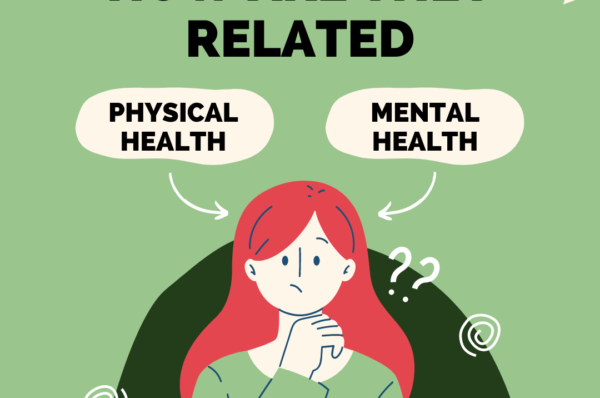Science reveals that 94% of humans have negative thoughts!
Our focus this week is on the importance of positive thinking and how to achieve mental peace by eliminating negative thoughts. Engaging in self-care, practising self-compassion, seeking support from loved ones or professionals, and cultivating positive thinking habits can help improve emotional well-being and promote a more positive outlook on life. First, let’s assess the impact of negative thoughts on our life:
- Negative thoughts tend to be accompanied by feelings of stress, worry, and anxiety. Dwelling on negative aspects of life can lead to chronic stress, which can have detrimental effects on both mental and physical health.
- Negative thinking patterns often involve self-criticism and self-doubt. This constant negativity can erode self-esteem and confidence, making it difficult to believe in oneself or take on new challenges.
- Negative thinking can contribute to physical health issues such as headaches, digestive problems, and weakened immune function. Prolonged stress resulting from negative thinking can also increase the risk of developing chronic conditions like cardiovascular disease and depression.
- Constant negative thinking can drain our emotional energy and leave us feeling mentally and emotionally exhausted. It can contribute to feelings of burnout and make it harder to find motivation and enthusiasm for daily activities.
- Negative thinking can impact our relationships, leading to increased conflicts, and resentment, and making it harder to trust others and form meaningful connections.
- Negative thinking often involves a focus on problems and obstacles rather than solutions. This can hinder problem-solving abilities and limit the ability to find creative solutions to challenges.
- Negative thinking can make it harder to bounce back from setbacks and adversity. It may amplify the impact of negative events and make it more challenging to recover and move forward.
- Negative thinking tends to generate and amplify negative emotions such as sadness, anger, frustration, and anxiety. It can create a cycle where negative thoughts fuel negative emotions, leading to a downward spiral of emotional well-being.
- Negative thinking can influence how we perceive and interact with others. It may lead to increased irritability, withdrawal, or even hostility. This negativity can strain relationships and create a cycle of negativity within social interactions.
- Persistent negative thinking can create a pessimistic worldview, making it difficult to see opportunities or solutions. This limited perspective can hinder personal growth and prevent individuals from pursuing their goals and aspirations.
Top Tips To Reduce Negative Thinking
- Practice Positive Affirmations: Replace negative self-talk with positive affirmations. Repeat affirmations that focus on your strengths, abilities, and positive qualities. Affirmations can help rewire your thinking patterns and boost self-confidence.
- Engage in Mindfulness and Meditation: Practice mindfulness to bring your attention to the present moment and observe your thoughts without judgment. Meditation can help calm the mind and create a sense of inner peace, reducing negative thinking patterns.
- Surround Yourself with Positivity: Surround yourself with positive people, inspiring books, uplifting music, and motivational content. Choose to engage in activities that bring you joy and encourage positive thinking.
- Practice Self-Care: Take care of your physical, mental, and emotional well-being. Engage in activities that nurture and rejuvenate you, such as exercising, getting enough sleep, spending time in nature, and engaging in hobbies or activities that bring you pleasure.

“We are what we repeatedly do. Excellence, then, is not an act, but a habit.” Aristotle


